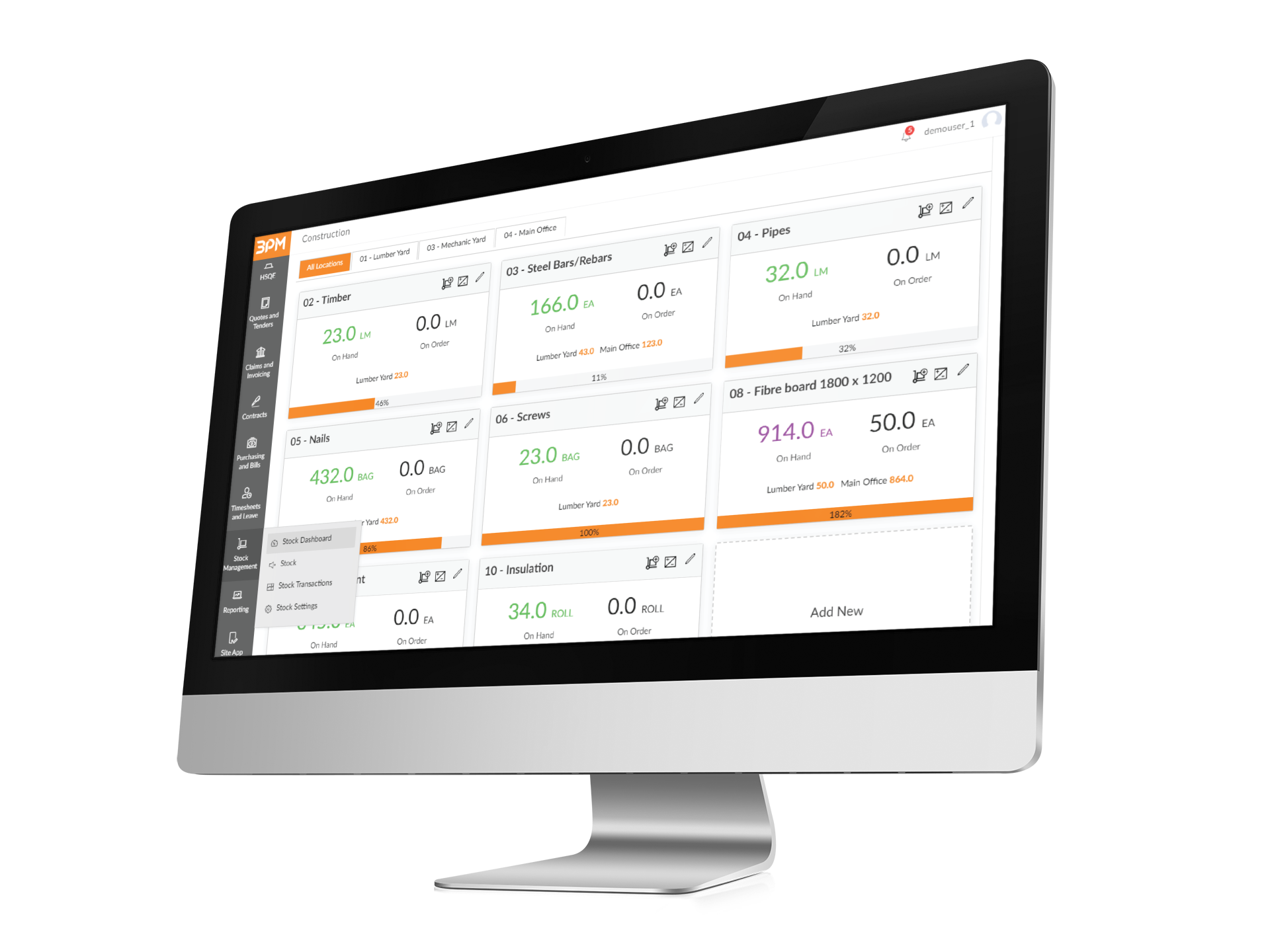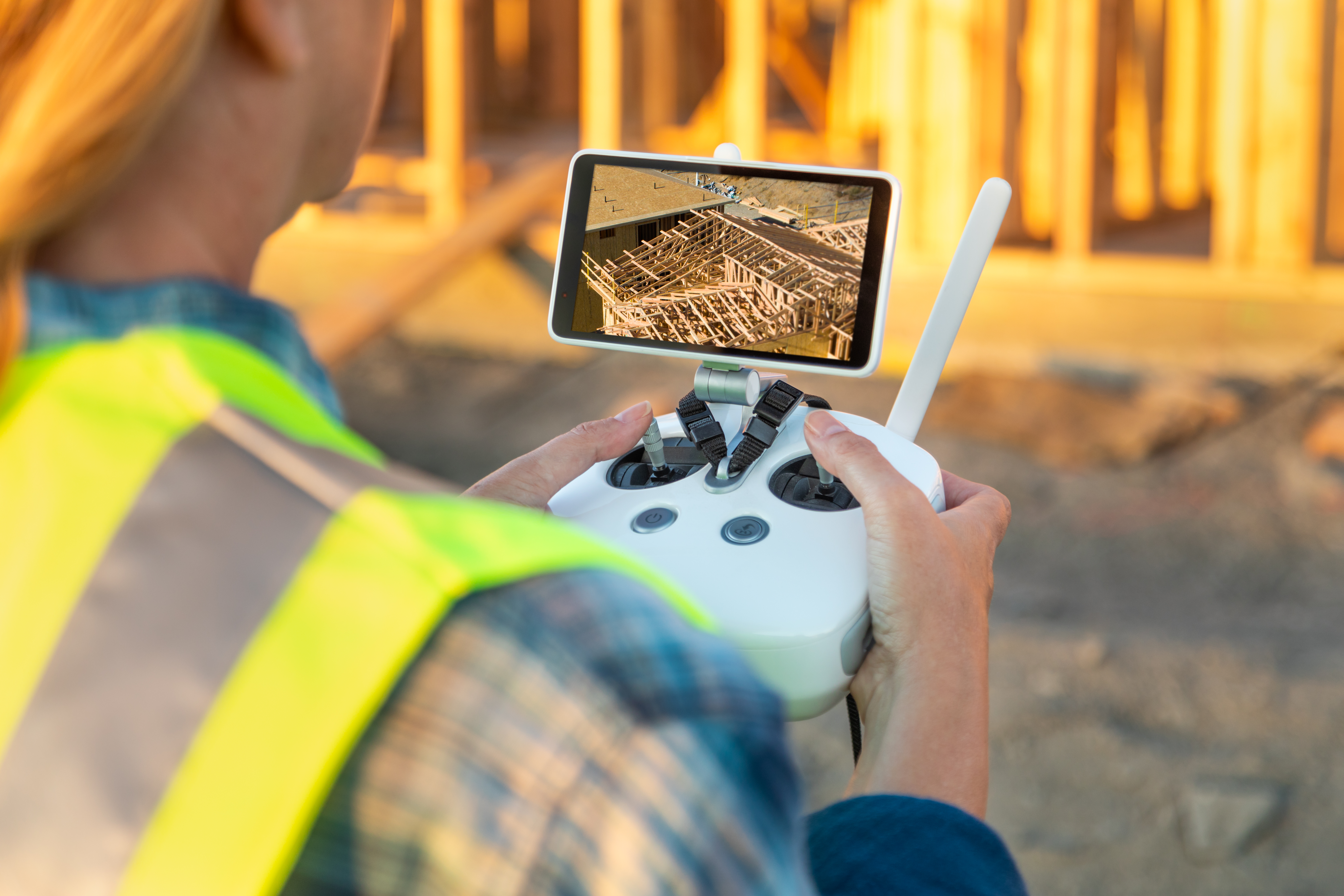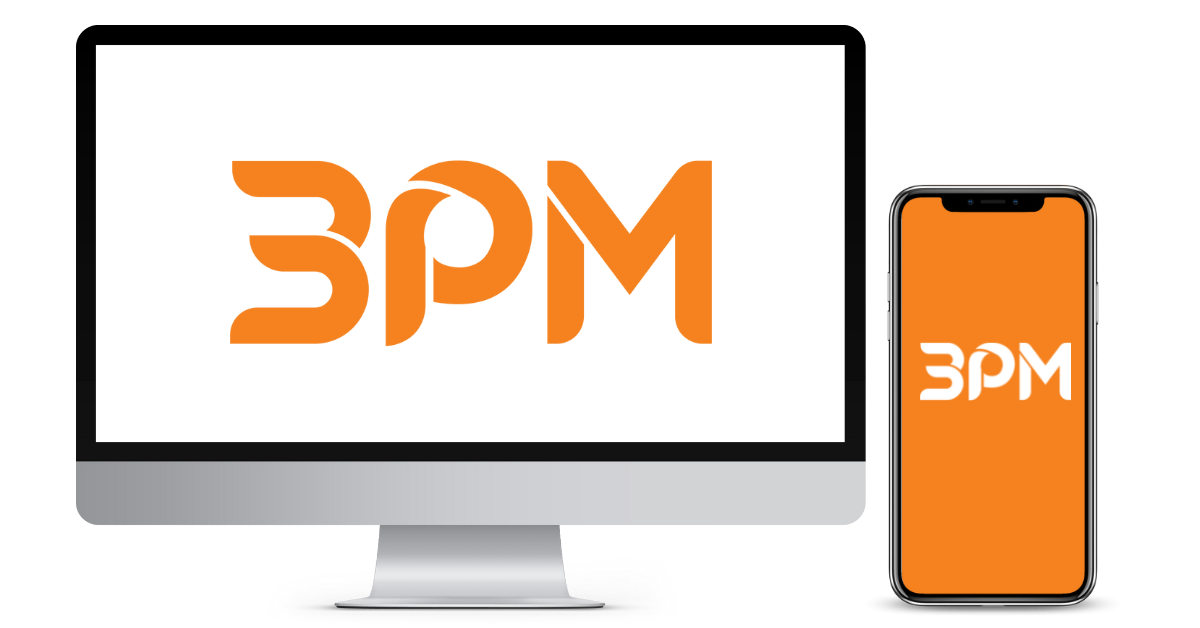2 min read
Top 10 Strategies for Construction Companies to Automate Business Processes
 Andrew Radcliffe
:
May 18, 2023 8:58:05 AM
Andrew Radcliffe
:
May 18, 2023 8:58:05 AM

The rise of digital transformation has compelled businesses across industries to revamp their operations, and the construction sector is no exception. Hyperautomation, an advanced approach to automation, is increasingly proving to be a game-changer in this industry. Coupled with industry-specific software, it allows mid-market construction companies to streamline their processes, improve efficiency, and increase profitability. Here are the top 10 strategies to leverage these tools for optimal results:
1. Embrace Hyperautomation
Hyperautomation, a term coined by Gartner, refers to the combination of several automation technologies, including Robotic Process Automation (RPA), Artificial Intelligence (AI), and Machine Learning (ML), among others. It aims to automate complex business processes to the maximum extent possible. Embracing hyperautomation can help construction companies automate tasks such as contract management, invoice processing, and workforce scheduling, thereby reducing manual errors and enhancing productivity.
2. Adopt Construction Management Software
This industry-specific software can streamline several construction processes, from project planning and management to resource allocation and tracking. It can help businesses automate tedious tasks, reducing the time spent on administrative work and allowing teams to focus on higher-value tasks.
3. Utilize AI and Machine Learning
AI and ML can revolutionize the construction industry by enabling predictive analytics, which can forecast project delays or budget overruns. It can also automate the design process using algorithms, helping to reduce errors and improve efficiency.
4. Implement Robotic Process Automation (RPA)
RPA can automate repetitive tasks such as data entry, generating reports, or updating project status. By handling these monotonous tasks, RPA can free up your employees' time for more complex and creative work.
5. Leverage Internet of Things (IoT)
IoT devices can collect data from construction sites in real-time, enabling real-time monitoring and decision-making. This data can be analyzed to predict equipment failures, monitor resource usage, and improve site safety.
6. Use Building Information Modelling (BIM)
BIM is a 3D model-based process that gives architecture, engineering, and construction (AEC) professionals the insight and tools to efficiently plan, design, construct, and manage buildings and infrastructure. Automating this process can save time, reduce errors, and improve collaboration among stakeholders.
7. Invest in Drone Technology
Drones can automate site inspections, providing aerial imagery for accurate and efficient surveys. They can also be used to monitor construction progress and ensure safety standards are met, reducing the need for manual checks.
8. Opt for Cloud-Based Solutions
Cloud-based construction software provides greater accessibility, allowing team members to access project data from anywhere. This flexibility can significantly improve project coordination and collaboration, leading to more efficient operations.
9. Integrate Systems
Integration is a key aspect of automation. By integrating various systems such as project management, accounting, and CRM, businesses can ensure data consistency and reduce manual data entry, leading to improved efficiency.
10. Continually Train and Upskill Staff
Automation is not just about technology; it's also about people. As construction companies adopt new technologies, they must invest in training to ensure their workforce can effectively use these tools. This will not only improve productivity but also help retain talented employees.
In conclusion, hyperautomation, coupled with industry-specific software, offers vast potential for mid-market construction companies to automate their business processes. By following these strategies, businesses can improve their efficiency, reduce costs, and stay competitive in the rapidly evolving construction landscape.

Embracing Industry 4.0: Transforming Aotearoa’s Construction Sector
The Fourth Industrial Revolution, also known as Industry 4.0, is transforming sectors worldwide with a seismic shift towards digitisation,...

Revolutionising Aotearoa New Zealand's Construction Sector: The Digital Boost 2.0 Initiative
The Construction Sector Accord in New Zealand stands as a testament to the dedication and commitment towards transforming the construction sector....

Hyperautomation: Digitizing the Construction Industry for a Sustainable Future
Hyperautomation, the practice of applying advanced technologies such as Artificial Intelligence (AI) and Machine Learning (ML) to automate tasks and...

Revolutionising Construction: The Unique Power of 3PM's Hyperautomation Solution
The construction industry is a complex, dynamic entity encompassing myriad stakeholders, processes, and activities. It has long wrestled with issues...

Embracing Industry 4.0: Transforming Aotearoa’s Construction Sector
The Fourth Industrial Revolution, also known as Industry 4.0, is transforming sectors worldwide with a seismic shift towards digitisation,...


